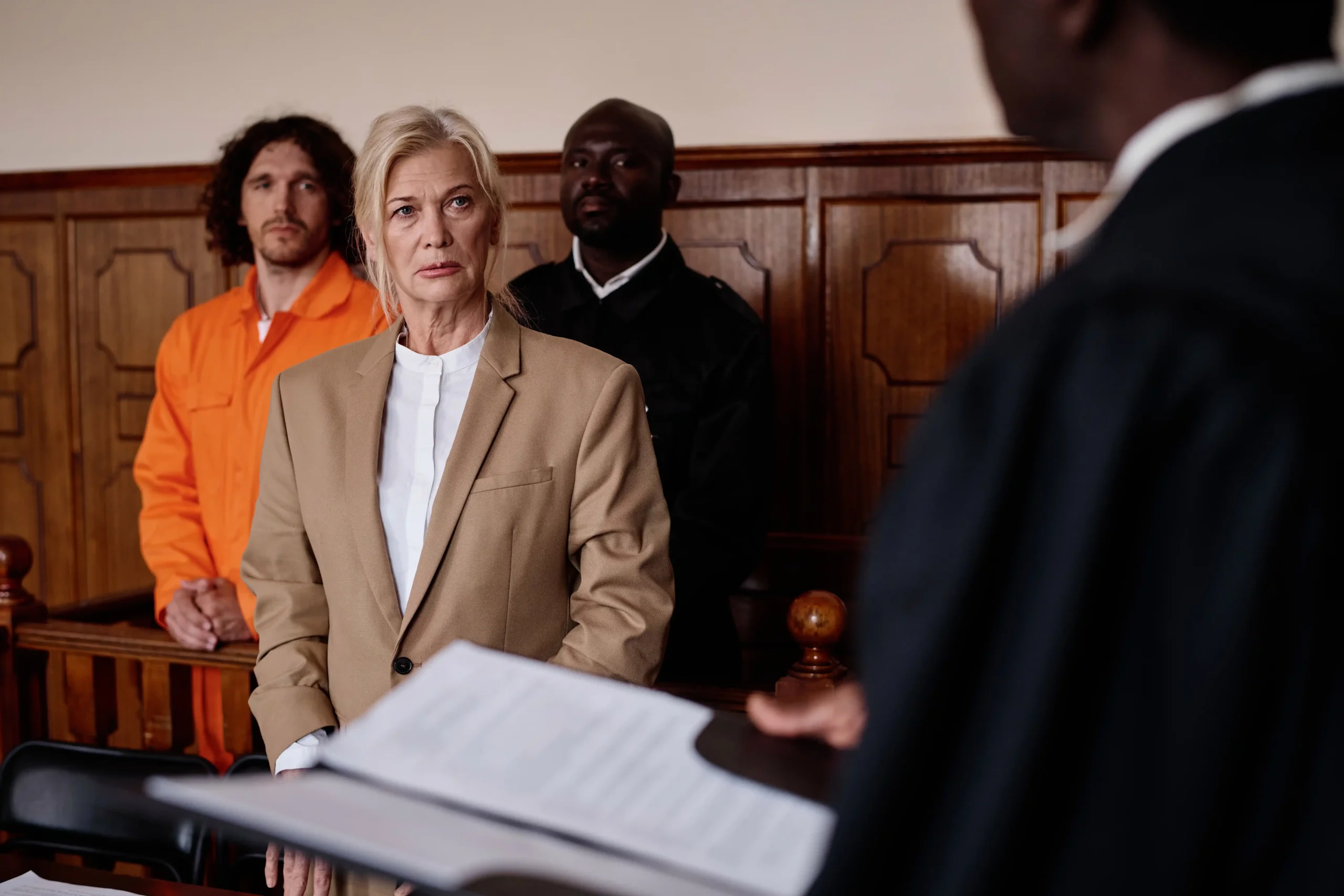When faced with criminal charges, one of the most important decisions you’ll make is whether to hire a criminal defense attorney. This legal professional plays a crucial role in protecting your rights and advocating for your best interests throughout the legal process. But one question that often arises is: Can a criminal defense attorney ask if you are guilty?
The Attorney-Client Privilege
The answer to this question is rooted in a fundamental legal principle known as the attorney-client privilege. This privilege protects confidential communications between an attorney and client. Essentially, anything you say to your attorney in the context of seeking legal advice is protected from disclosure to third parties.
This privilege is essential for ensuring that clients can freely communicate with their attorneys without fear of repercussions. It allows for open and honest discussions about the case, which is vital for developing a strong defense strategy.
Ethical Considerations for Attorneys
While the attorney-client privilege protects confidential communications, it does not grant lawyers complete freedom to ask any question they want. Attorneys are bound by ethical rules that require them to act in their clients’ best interests and to avoid engaging in conduct that is harmful or misleading.
Therefore, while an attorney may ask questions about your guilt or innocence, they must do so in a way that is consistent with their ethical obligations. They cannot force or manipulate you into providing information that could be harmful to your case.
How a Defense Attorney May Approach the Question of Guilt
The way a defense attorney approaches the question of guilt can vary depending on the specific circumstances of the case. However, there are a few common approaches that attorneys may take:
- Open-ended questions: Attorneys may ask open-ended questions that allow you to provide your perspective on the case without directly admitting or denying guilt. For example, they may ask questions like “What do you remember about that day?” or “Can you explain what happened from your point of view?”
- Hypothetical scenarios: Attorneys may present hypothetical scenarios to gauge your reactions and to better understand your thought process. This can help them assess your credibility and identify potential weaknesses in the prosecution’s case.
- Avoiding direct questions: In some cases, attorneys may avoid asking direct questions about your guilt or innocence altogether. This may be done to protect your rights and to avoid making any admissions that could be harmful to your case.
The Importance of Honesty in the Attorney-Client Relationship
It’s important to note that while the attorney-client privilege protects confidential communications, it does not guarantee a successful outcome. The most effective defense strategies are built on a foundation of honesty and transparency. By being honest with your attorney, you can help them develop a more effective defense and increase your chances of a favorable outcome.
What Do Criminal Defense Lawyers Do?
Beyond the question of guilt or innocence, there are many other important aspects of a criminal defense attorney’s role. Here are some of the key tasks that they undertake:
- Gathering evidence and investigating the case: Criminal defense attorneys will gather evidence from various sources, including police reports, witness statements, and expert testimony. They may also conduct their own investigations to uncover additional information that could be beneficial to their client’s case.
- Building a defense strategy: Based on the evidence gathered and the specific charges filed, the attorney will develop a defense strategy. This strategy may involve challenging the prosecution’s evidence, presenting an alternative theory of the case, or negotiating a plea deal.
- Negotiating plea deals: In many cases, it may be possible to negotiate a plea deal with the prosecution. This involves agreeing to a lesser charge or a reduced sentence in exchange for a guilty plea.
- Representing clients in court: If a plea deal cannot be reached, the case will proceed to trial. The defense attorney will represent their client in court, arguing their case before a judge or jury.
- Post-trial proceedings: Even after a trial, the legal process may not be over. If your client is found guilty, the attorney may file post-trial motions or appeal the verdict.
What Does a Criminal Defense Lawyer Do for You?
Hiring a criminal defense attorney can provide you with a number of benefits, including:
- Protecting your rights: Attorneys are experts in the law and can help ensure that your rights are protected throughout the legal process.
- Providing legal advice: Your attorney can provide you with legal advice and guidance at every stage of the case.
- Advocating for your best interests: Attorneys will advocate for your best interests and work to achieve the best possible outcome for your case.
- Minimizing potential consequences: By working with a skilled attorney, you can potentially minimize the negative consequences of a criminal conviction.
Conclusion
In conclusion, a criminal defense attorney plays a vital role in protecting your rights and advocating for your best interests. While they may ask questions about your guilt or innocence, it’s important to remember that the attorney-client privilege protects your confidential communications. By working honestly with your attorney and allowing them to develop a strong defense strategy, you can increase your chances of a favorable outcome.
Pushpendra
Pushpendra Singh is a digital marketing expert with 17 years of experience. He’s helped many businesses grow by running successful online campaigns. Pushpendra knows a lot about digital marketing and understands how to make brands stand out online. He enjoys tackling new challenges and helping businesses succeed.
